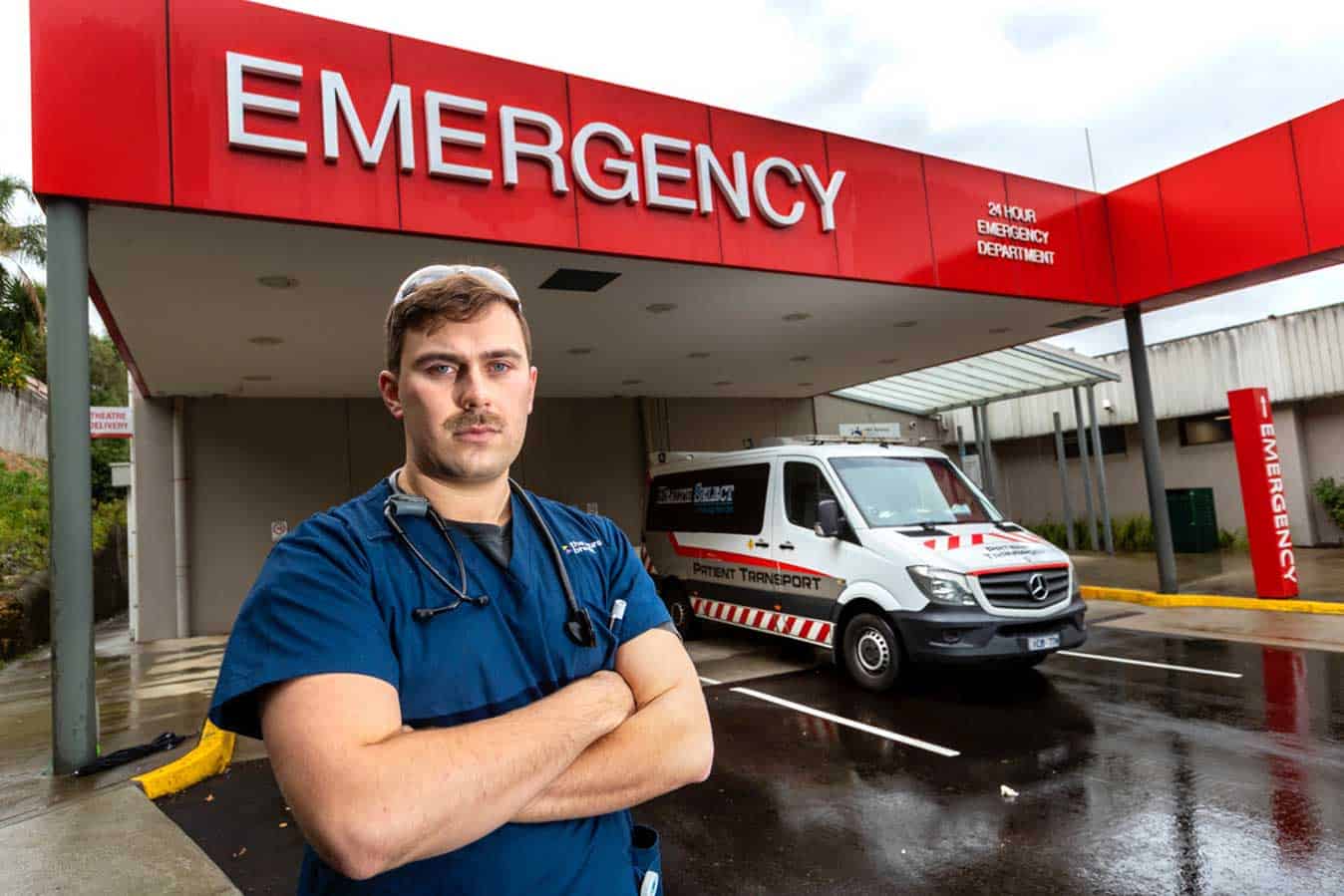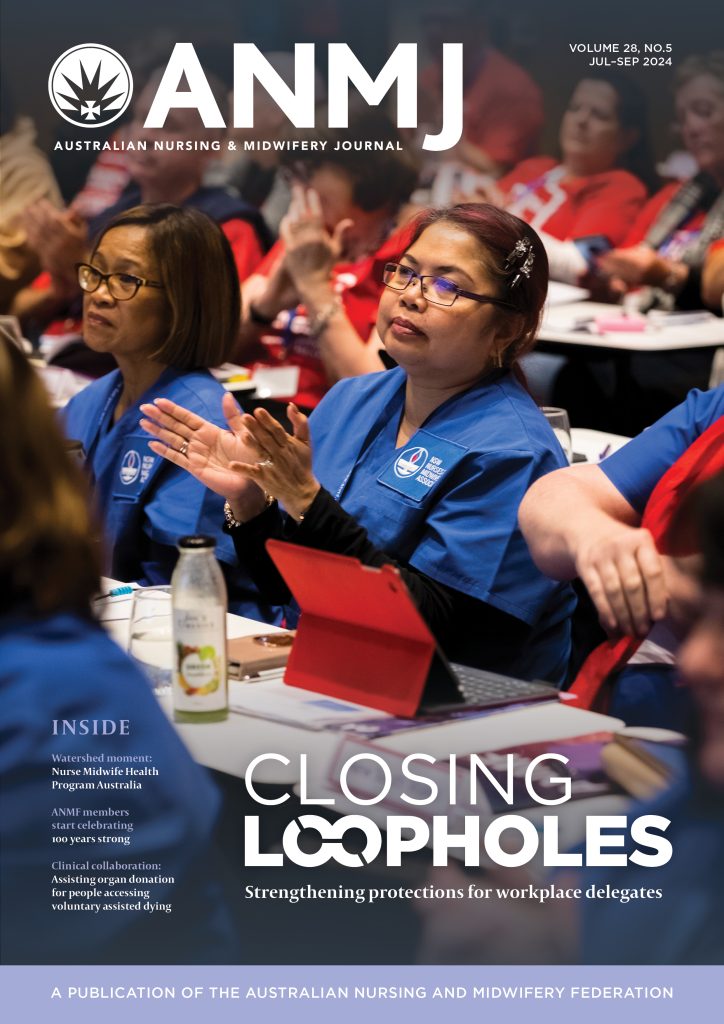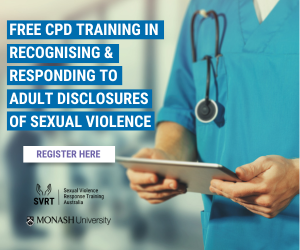Workplace violence is “a daily occurrence” for emergency nurse Jackson Heilberg.
“It’s confronting, it’s challenging, and when you speak to most senior nurses and doctors, it’s getting worse,” he says.
The escalating crisis is laid bare in the first episode of a new online video mini-series, titled Wouldn’t you like to know?, that puts the spotlight on a broad range of nursing issues.
Jackson, founder of nursing blog The Nurse Break, created the documentary-style web series, which features registered nurses talking openly about their first-hand experiences, in a bid to capture raw insights about the profession that typically go untold.
“I think nurses are often a silent majority and there are misconceptions around some of the tough questions,” Jackson explains.
“They typically haven’t been asked them on camera before and the experience of nurses is not often documented. For example, take everyday nurses on the frontline, what is your experience with death? What do you love and hate about nursing? What’s your relationship with violence? What do you wish you knew before you started nursing? What do you want to say to people who aren’t nurses?”
Partly inspired by popular ABC series You Can’t Ask That, which asks controversial questions sourced from the public to marginalised populations in a bid to break down stereotypes and answer the questions people are afraid to ask, Wouldn’t you like to know? interviewed 15 nurses about dozens of topical nursing issues.
Co-produced with Daniel Delaway, of The Archive, the mini-series explores topics such as nurses’ relationship with death and dying, and what advice senior nurses would give to their younger selves when they entered the profession.
The physical and verbal workplace violence faced by frontline nurses on a daily basis was chosen to launch the series because it is among the most powerful and important issues facing the profession.
In the 10-minute video, released today, nurses reveal stories of experiencing violence across aged care, hospitals, and out in the community. Some of the frightening accounts include a nurse who was followed, threatened and knocked unconscious, and a nurse who quickly came to grips with spitting, kicking and verbal abuse being the norm when she began nursing.
“I was full-on knocked out by a patient – I leant in to adjust his nasal prongs, he’s given a quick little jab into my jaw, my head snapped back and I was completely not ready for it. I hit the wall and dropped to the ground,” Intensive Care Unit nurse Daniel divulges in the video.
Since becoming a nurse, Jackson has become familiar with the harsh realities of working on the frontline, where violence is “a daily occurrence”.
While acutely aware of the reality of workplace violence faced by nurses, he suggests he gained greater insight about the complex issue from interviewing nurses in Wouldn’t you like to know?
“I didn’t realise the extent of physical and verbal violence,” he says.
“For example, one nurse, Helen, talks about having to take out a restraining order on someone who was stalking her. Another nurse talks about having to carry a pen on her when she walks to her car out of fear of the person coming back.”
Indisputably, violence against nurses and midwives, and other health workers, is never ok.
In a bid to stop the unacceptable number of assaults, the Australian Nursing and Midwifery Federation (ANMF Vic Branch) developed a 10-point plan to end violence and aggression in 2014.
First published in 2017, the 10 Point Plan to End Violence and Aggression: A Guide for Health Services provides a detailed approach to the systemic changes required to end preventable violence at work.
The plan covers:
- Improve security
- Identify risk to staff and others
- Include family in the development of patient care plans
- Report, investigate and act
- Prevent violence through workplace design
- Provide education and training to healthcare staff
- Integrate legislation, policies and procedures
- Provide post-incident support
- Apply anti-violence approach across all health disciplines
- Empower staff to expect a safe workplace
Jackson acknowledges physical violence is a complex issue, compounded by numerous factors such as increasing drug use in society, a failing mental health system, and an understaffed aged care sector, as clearly demonstrated by the findings of Royal Commission into Aged Care Quality and Safety. Solutions to fix the problem include implementing better staffing levels, more security, and achieving greater respect for nurses and healthcare workers, he says.
He believes nurses featured in the mini-series speaking out about the physical violence they face daily will help open up the conversation surrounding the issue and support change.
The range of issues explored throughout the mini-series aim to have the same impact, he adds.
“I hope nurses can be empowered to make change,” Jackson says.
“Some of the questions highlight that there needs to be systemic change and I think if they see other nurses speaking openly about these sorts of topics, and that it’s ok to talk about these sorts of things, I think that will be empowering.
“I also think it will give the public and health professionals a better understanding of the actual role of a nurse.”
Watch the first episode of the Wouldn’t you like to know? mini-series on Physical Violence here
Watch the main mini-series trailer here
Visit The Nurse Break here









